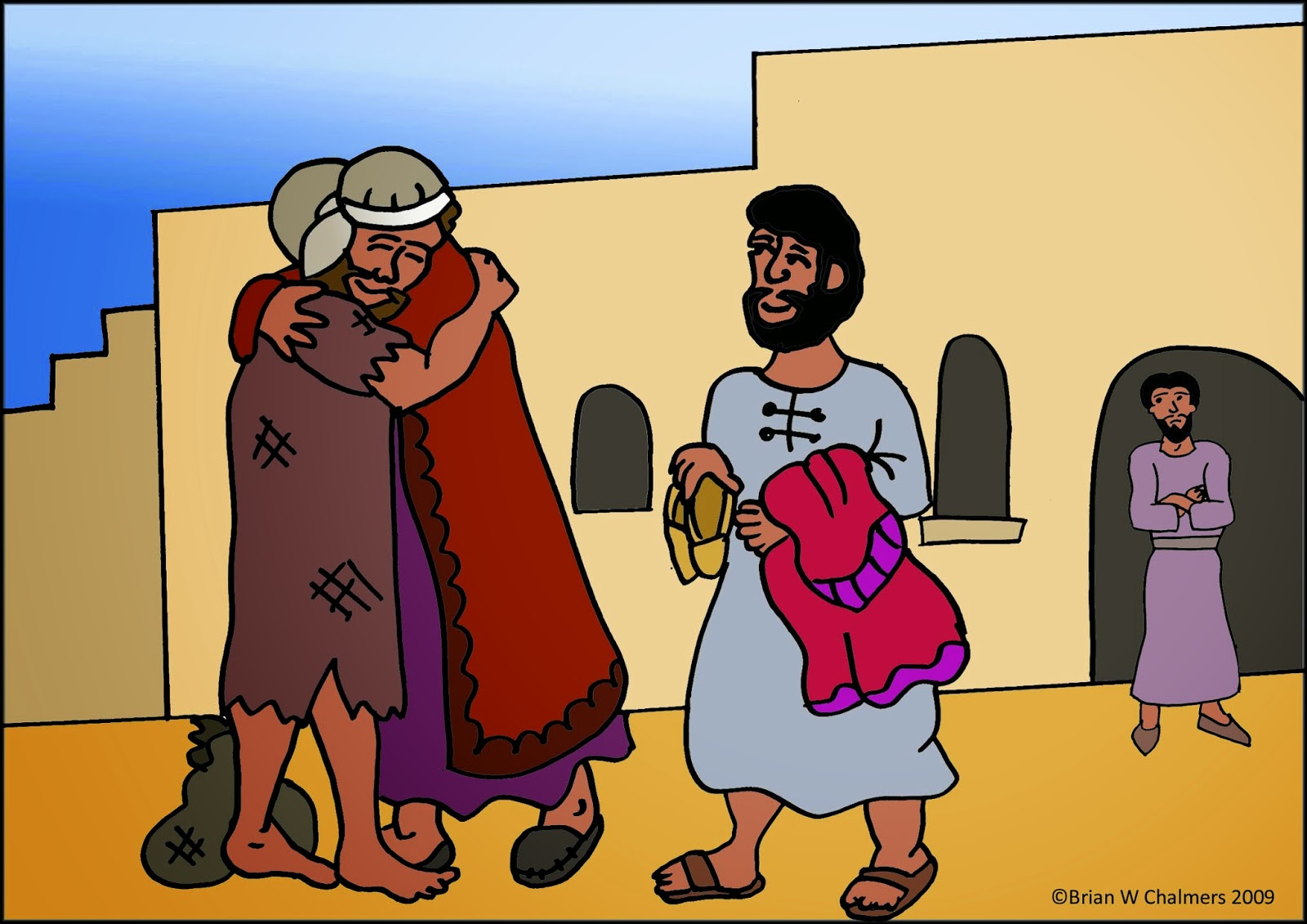When Jancy, the only daughter of Mr and Mrs Benno (names changed) got ready to receive the first Holy Communion some years
ago, they were more than happy. They wanted to celebrate the occasion with much
fanfare, in the presence of friends and relatives.
On the D-day, the
bishop of the diocese himself came personally to give the first Holy Communion
to nearly a dozen children. Bishop spoke in detail about the significance and
importance of the occasion. After the Holy Mass, Mr Benno, his family and
friends went to the restaurant – cake was cut and wine served. So far so good.
The “highlight” of
the celebration then followed. He opened the liquor counter. He had stocked all
varieties – rum, whisky, beer and brandy. Friends and relatives flocked to the
liquor counter. Yes, liquor virtually flowed. Many people went home sozzled.
This is
a common sight, which is nothing but despicable and abominable, in Roman
Catholic parishes. Think about this – your child is receiving Jesus Christ for
the first time in his/her life. The Holy Spirit is coming into the body and
spirit of the child. However, Mr Benno is inviting the evil spirit by consuming
liquor and offering it to others as part of the “celebrations”. People like Mr
Benno are destroying the holiness of the occasion with such practices. They
play into the hands of devil. For one soul gained for Jesus, the devil takes
away 15 others.
I
attended the wedding reception of the daughter of Mr and Mrs VG, my friends in my previous parish in Mumbai. After the marriage was
solemnized in the church, people moved to the reception venue. The usual song
and dance numbers were performed. There was not a single song or dance praising/
worshipping God. Vulgar songs from Hindi film songs were belted out. The dance
numbers were equally shocking with scantily clad women gyrating to tawdry
songs.
The second part was alcohol.
There was a bar on the one side of the reception area where people queued up
with great enthusiasm and energy. My God. It’s shocking. The booze party
actually started in the previous night. Liquor started flowing and the
so-called men of God got drunk. The newly wed couple was united by God in a
solemn service in the church. Then why should one indulge in this tamasha in the wedding reception. Do you
think Jesus will approve of such things? Jesus will keep away from such
occasions. You’re giving room to devil for his nefarious activities.
I
recently attended the house-warming party of a fellow Christian. It was the
same story. Almost 75 per cent of the people in the party were sozzled and
reeking of alcohol. Hours earlier, a priest had blessed the house. But the
cocktail party ensured that evil spirit came back with a bang. Sad.
Bible clearly
says against getting drunk. Says Galatians 5:21: “Envy, drunkenness, orgies,
and things like these. I warn you, as I warned you before, that those who do
such things will not inherit the kingdom
of God
I recently happened to hear a talk by Rev Fr
Joseph Kochuparambil on Shalom television channel, warning against serving
liquor during baptism and marriage celebrations. He also raised his voice
against the trend of people getting drunk when their relatives pass away. Is it
to drown their sorrows? No. Instead of praying for the soul of the departed
father or mother, son gets sozzled. When the coffin lies in the living room of
the house, drinking sessions go on for long hours in the bedroom. This is a
reality in some Syro-Malabar Catholic families in Kerala , India US .
I have seen priests warning
Christians against such “celebration”, but it continues without any fear or
reverence towards Almighty God. People fail to understand the meaning of
sacraments. They go by the world’s standards and stay away from Jesus and His
teachings.
My intention is not
to run down Catholic families. This custom of serving liquor is devilish. For
some it has become a matter of prestige and status to serve liquor during
solemn occasions. Jesus can’t tolerate it. You’re keeping the Holy Spirit away
by resorting to such odious practices.
God is saying it
directly. God completely disapproves drunkenness, whether it’s during wedding,
baptism or any other occasion. You’re driving away the Holy Spirit. And the result
is that the evil spirit then takes control of your life. It becomes a big
bondage and you will lose the grace of God. Don’t play into the hands of devil.
They forget what Bible says. Ephesians 5:18 says, “And do not get drunk with
wine, for that is debauchery, but be filled with the Spirit.”
We must stop this
practice of serving liquor during wedding and baptism parties. If we can
abolish it totally from our lives, Jesus will be the happiest. Evil ideas,
thoughts and actions come to our mind after consuming alcohol. We can be sober
in our life. That’s better for our life in this world and afterward.




